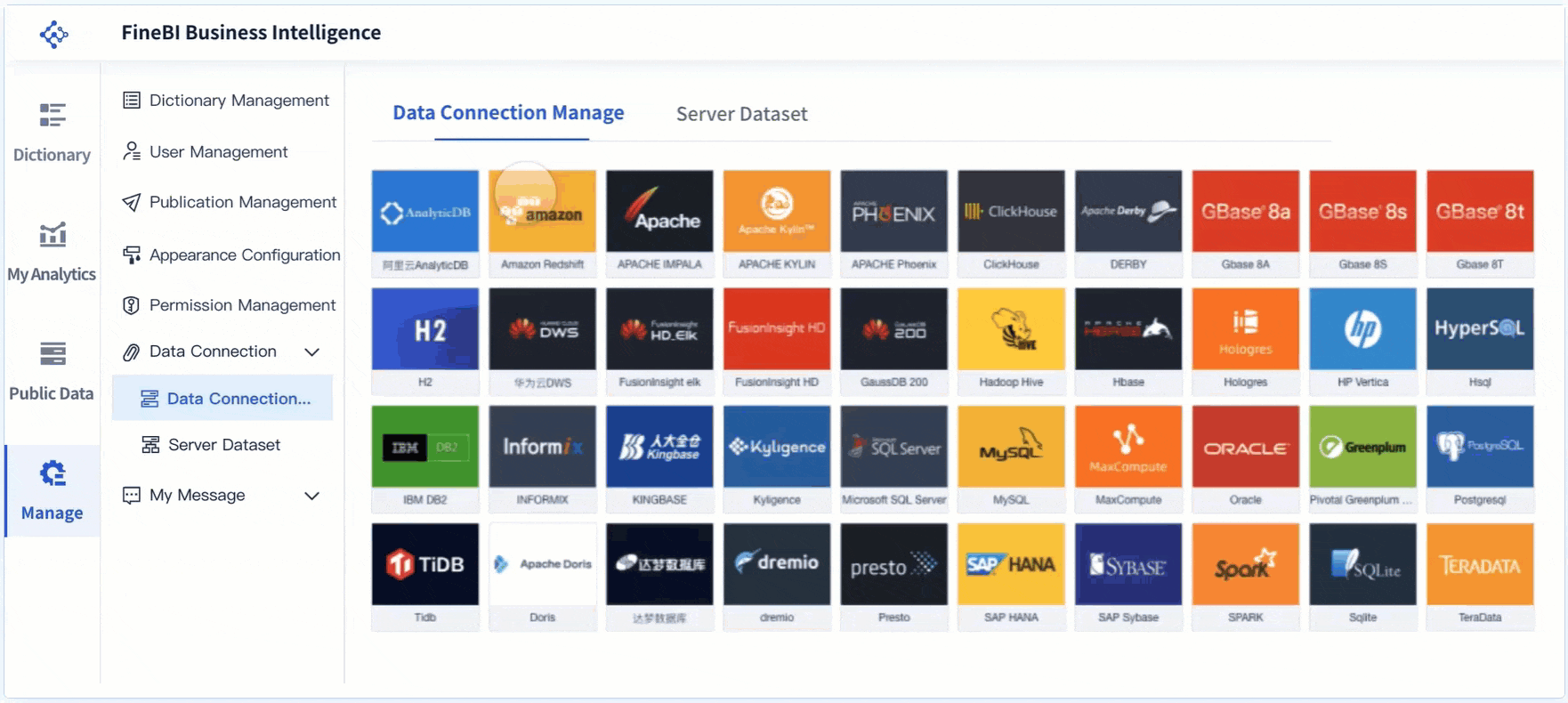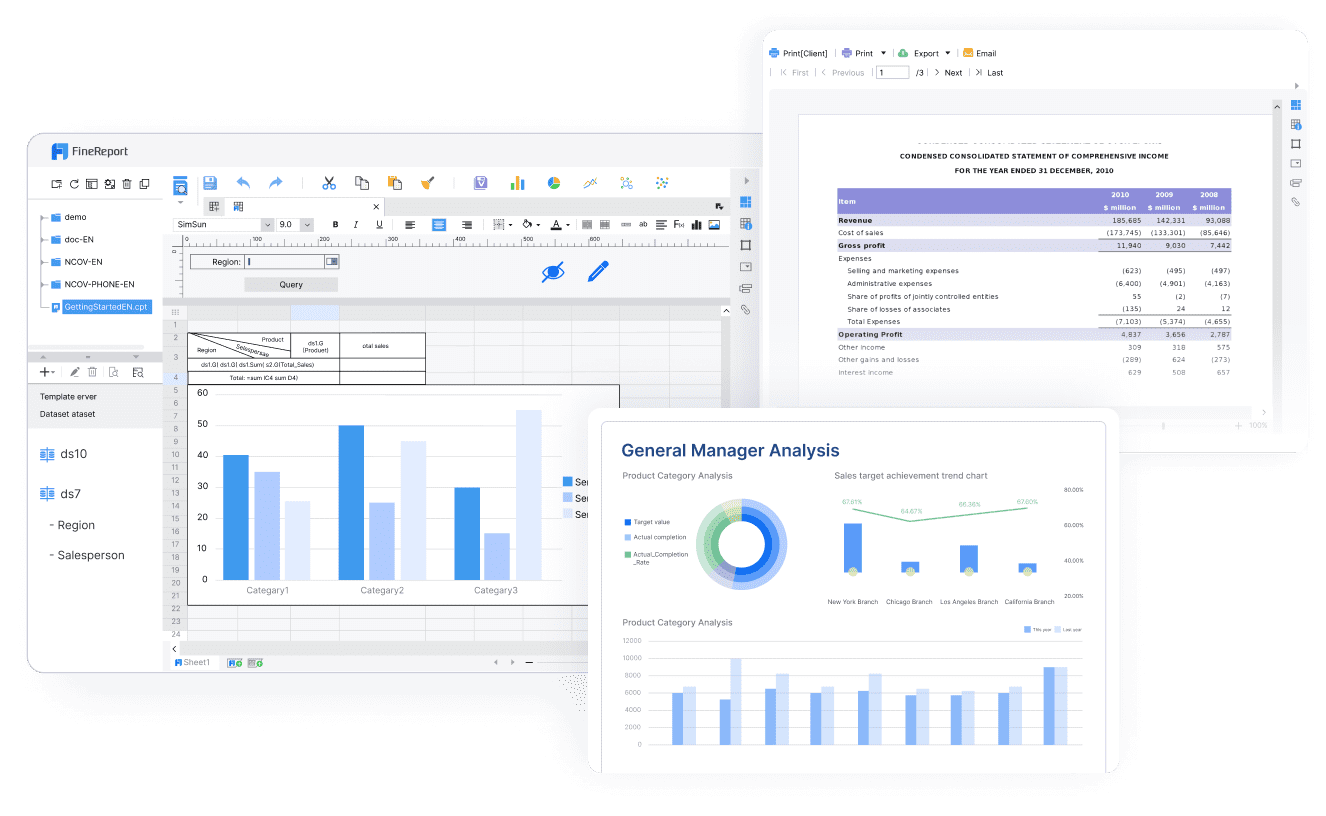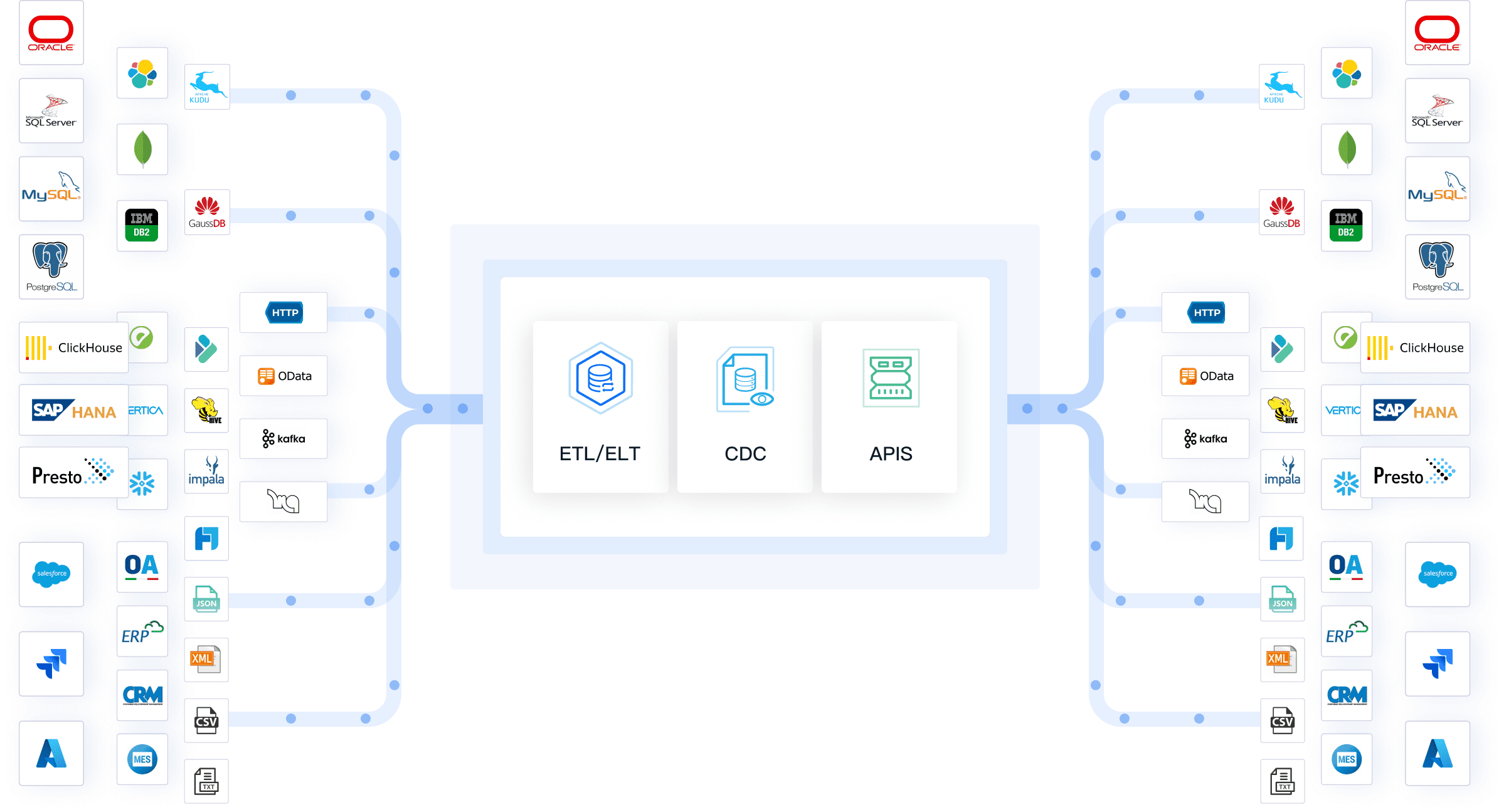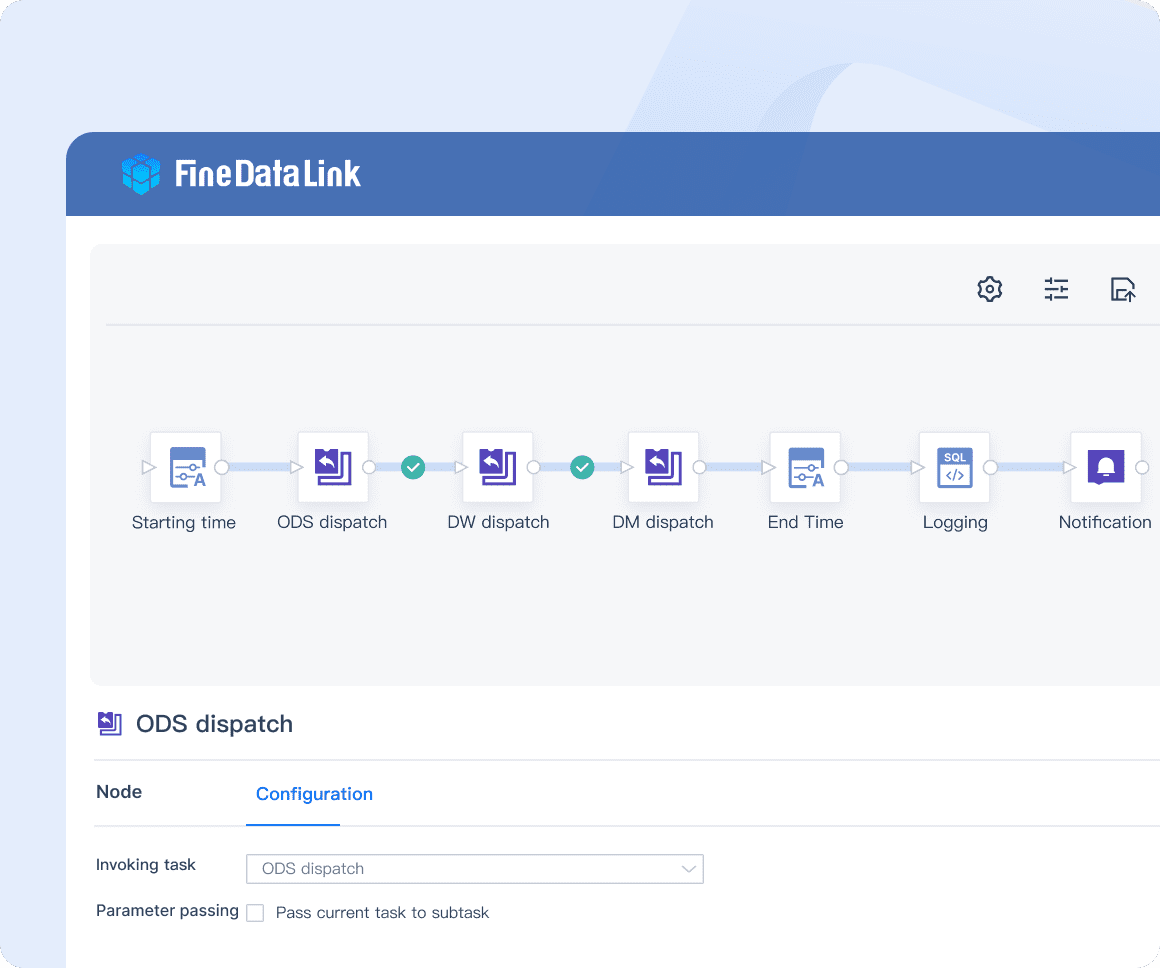In the realm of modern business operations, the demand for data management jobs is skyrocketing. The significance of efficient data handling cannot be overstated, especially in sectors like e-commerce, marketing, and healthcare. Various industries rely on professionals to convert raw data into actionable insights, driving strategic decisions and operational efficiency. Top firms such as Amazon, IBM, and JPMorgan Chase & Co. are actively seeking skilled individuals to navigate the data landscape and unlock its potential.
Efficient data management jobs play a crucial role in modern business operations. By enhancing decision-making processes, organizations can gain a competitive edge in the market. Ensuring data security is paramount to protect sensitive information and maintain customer trust. Improving operational efficiency through streamlined data processes leads to cost savings and increased productivity.
In the realm of data management jobs, staying updated with trends is essential for professional growth. Embracing big data analytics allows companies to extract valuable insights from vast datasets, driving informed business decisions. Cloud data management offers scalability and flexibility, enabling seamless access to data across various platforms. Data governance practices ensure compliance and integrity, laying a strong foundation for effective data utilization.
When it comes to data management jobs, tech giants like Google, Microsoft, and Amazon stand out as industry leaders. These companies have established themselves as pioneers in leveraging data to drive innovation and enhance business operations. Google's focus on "people analytics" has led to significant improvements in manager performance, boosting team productivity and employee satisfaction. Microsoft Azure, known for its enterprise-grade cloud services, plays a vital role in handling and processing large datasets efficiently. Amazon's data-driven approach to product recommendations showcases the power of data analytics and machine learning in enhancing customer experiences.
In the realm of data management jobs, financial institutions such as JPMorgan Chase & Co, Goldman Sachs, and Bank of America offer lucrative opportunities for professionals seeking to make an impact in the finance sector. These institutions rely on data management experts to ensure regulatory compliance, optimize operational processes, and drive strategic decision-making. JPMorgan Chase & Co's commitment to utilizing data for informed decision-making underscores the critical role of data managers in shaping the future of finance.
Within the domain of data management jobs, consulting and professional services firms like Accenture, Deloitte, and Infoverity play a pivotal role in helping organizations harness the power of their data assets. Accenture's average salary of $117,901 for a data manager highlights the competitive compensation offered in this field. Deloitte's emphasis on training programs and certification courses underscores the importance of continuous learning and skill development in advancing a career in data management. Infoverity's expansion initiatives signify a growing demand for skilled professionals who can drive data-centric strategies across diverse industries.
A Data Analyst is a professional who specializes in interpreting data and turning it into actionable insights that can help organizations make informed decisions. They work across various industries, including finance, healthcare, marketing, and technology, to analyze data sets and provide valuable insights into business operations, market trends, and customer behavior.
Key Responsibilities

Unlock the full potential of your data! Click the banner below to try FineBI for free and elevate your business intelligence game.

Ready to revolutionize your reporting process? Click the banner below to try FineReport for free and unlock powerful data insights today!
Essential Skills
Education and Qualifications
Career Path
Industries
Data Analysts are in demand across various industries including:
Conclusion
Data Analysts play a crucial role in today’s data-driven world by transforming raw data into meaningful insights. Leveraging tools like FineReport and FineBI can significantly enhance their ability to perform comprehensive data analysis and reporting. These tools support strategic decision-making and drive improvements across different aspects of an organization. With the right mix of analytical skills, technical proficiency, and industry knowledge, Data Analysts can significantly contribute to a company’s success, paving the way for sustained growth and competitiveness in today’s data-driven landscape.
A Data Scientist is a highly skilled professional who utilizes their expertise in mathematics, statistics, and computer science to analyze and interpret complex data. They play a critical role in extracting meaningful insights from large and diverse data sets, helping organizations make data-driven decisions and solve intricate problems.
Key Responsibilities
Essential Skills
Education and Qualifications
Career Path
Industries
Data Scientists are essential in various industries, including:
Conclusion
Data Scientists play a pivotal role in harnessing the power of data to drive innovation and strategic decision-making in organizations. Utilizing advanced tools like FineReport and FineBI can significantly enhance their capabilities in data collection, analysis, visualization, and reporting. By integrating these tools into their workflow, Data Scientists can uncover deeper insights, improve operational efficiency, and contribute to the overall success and competitiveness of their organizations in the data-driven world.
A Data Engineer is a technical expert responsible for designing, building, and maintaining the infrastructure and systems that enable the collection, storage, and analysis of large volumes of data. They ensure that data is accessible, reliable, and properly formatted for data scientists and analysts.
Key Responsibilities

Transform your data integration experience! Click the banner below to try FineDataLink for free and see how seamless data management can be.

Essential Skills
Education and Qualifications
Career Path
Industries
Data Engineers are essential in various industries, including:
Conclusion
Data Engineers play a critical role in creating and maintaining the data infrastructure that powers modern analytics and business intelligence. By leveraging advanced tools like FineDataLink, Data Engineers can streamline data integration, enhance data quality, and optimize data systems for better performance. These tools enable Data Engineers to provide the necessary support for data-driven decision-making, ensuring that organizations can harness the full potential of their data.
Technical Skills: Proficiency in SQL, Python, or R is essential for data management roles. Additionally, knowledge of data modeling, data warehousing, and data visualization tools is highly beneficial.
Soft Skills: Effective communication skills are vital for conveying insights to non-technical stakeholders. Time management abilities and a keen eye for detail contribute to successful project completion.
Educational Background: A bachelor's degree in computer science or a related field is typically required for entry-level positions. Advanced degrees or certifications in data management further enhance career prospects.
Training Programs: Engaging in specialized training programs allows professionals to stay abreast of industry trends and advancements. Continuous learning fosters skill development and opens doors to new opportunities within the field.
Certification Courses: Pursuing certification courses such as Certified Analytics Professional (CAP) or Microsoft Certified: Azure Data Scientist Associate validates expertise and enhances credibility in the job market.
Networking Opportunities: Building a strong professional network through industry events, conferences, and online platforms creates avenues for collaboration, mentorship, and career growth.
Experienced and knowledgeable professionals emphasize the critical role of data management in today's dynamic business environment. Understanding data quality, governance, and security is paramount for driving organizational success. Leading firms like Amazon, IBM, and JPMorgan Chase & Co offer exciting opportunities to embark on a rewarding career journey. Seize the chance to excel in the realm of data management, where innovation and growth await. Explore the vast possibilities at these renowned companies and kickstart your path to a fulfilling and impactful profession.
Mastering Data Management: A Complete Guide
Best Data Management Tools of 2025

The Author
Howard
Data Management Engineer & Data Research Expert at FanRuan
Related Articles

What is a data management platform in 2025
A data management platform in 2025 centralizes, organizes, and activates business data, enabling smarter decisions and real-time insights across industries.
Howard
Dec 22, 2025

Top 10 Database Management Tools for 2025
See the top 10 database management tools for 2025, comparing features, security, and scalability to help you choose the right solution for your business.
Howard
Dec 17, 2025

Best Data Lake Vendors For Enterprise Needs
Compare top data lake vendors for enterprise needs. See which platforms offer the best scalability, integration, and security for your business.
Howard
Dec 07, 2025